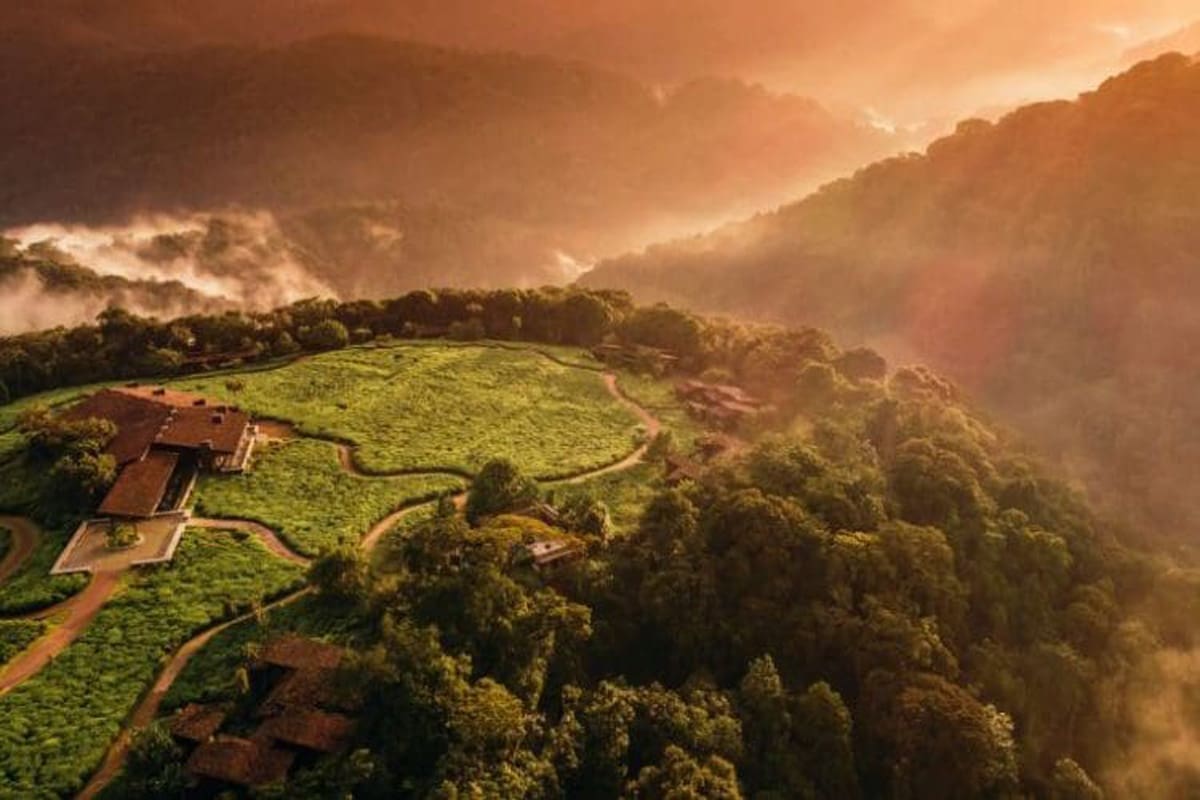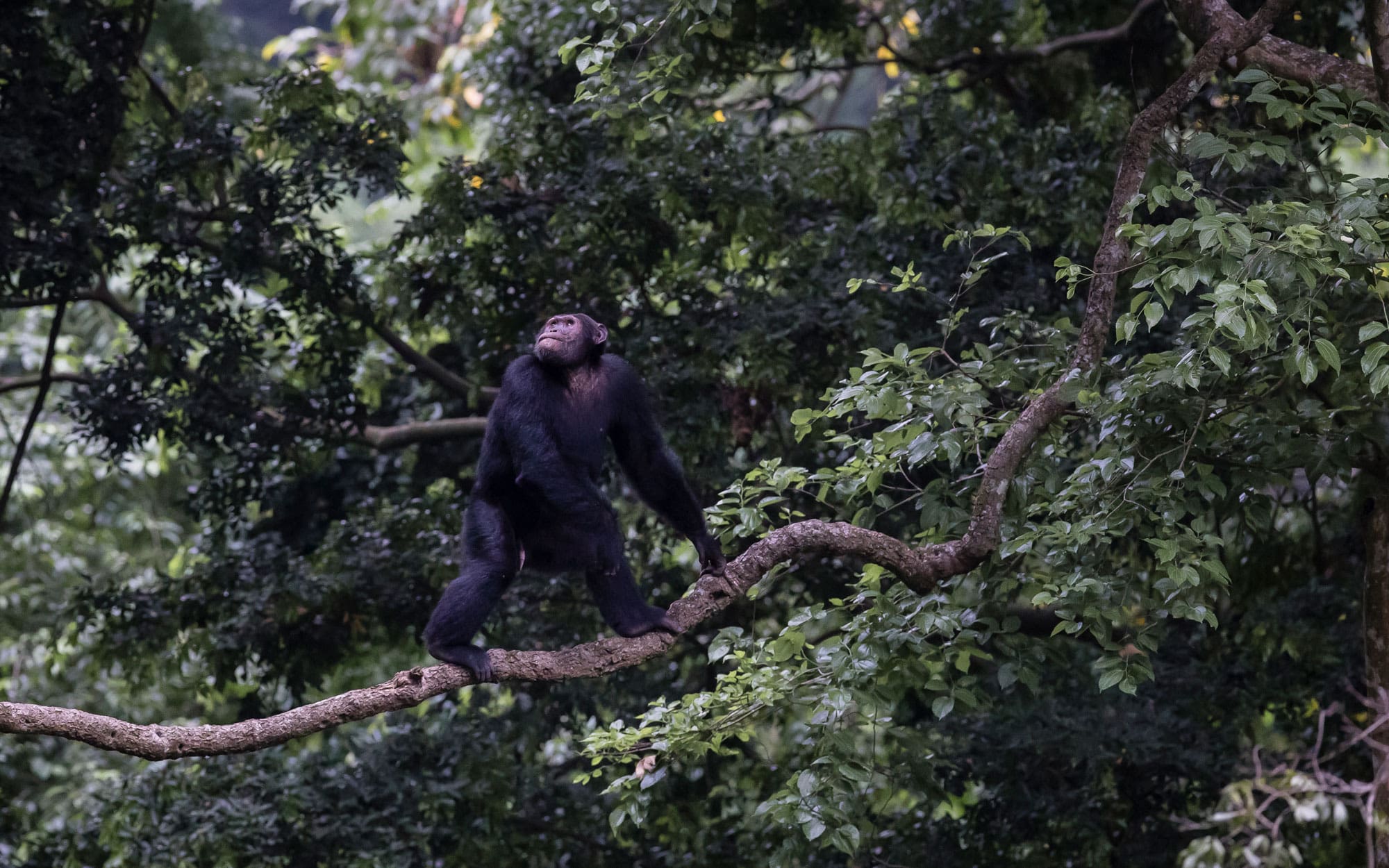

We are delighted to see Volcanoes Safaris in the Telegraph. The wonderful article by Ben Ross gives highlights of how a safari is in Rwanda.
Read more here.












Write to us on [email protected] or send us a message via the form on our contact page.
Rwanda: +250 (0) 252 502 452
Uganda: +256 (0) 414 346 464
© Volcanoes Safaris 1997 – 2024. All Rights Reserved
Write to us on [email protected] or send us a message via the form on our contact page.
Rwanda: +250 (0) 252 502 452
Uganda: +256 (0) 414 346 464


Tracking chimpanzees in their natural habitat, as they swing from the branches in the canopy high above the forest floor is nothing short of exhilarating. The chimps effortlessly cross and scamper through the trees above the gorge, and visitors on the other hand must cross the river using natural bridges in order to keep up with the chimps. So although the walk usually lasts only 2–3 hours, descending the steep gorge and crossing the log bridges over the river requires some agility and fitness.
Chimpanzee tracking is also available in nearby Kalinzu, a forest reserve 30 minutes drive from Kyambura Gorge Lodge where there is a community of about 40 habituated chimpanzees.